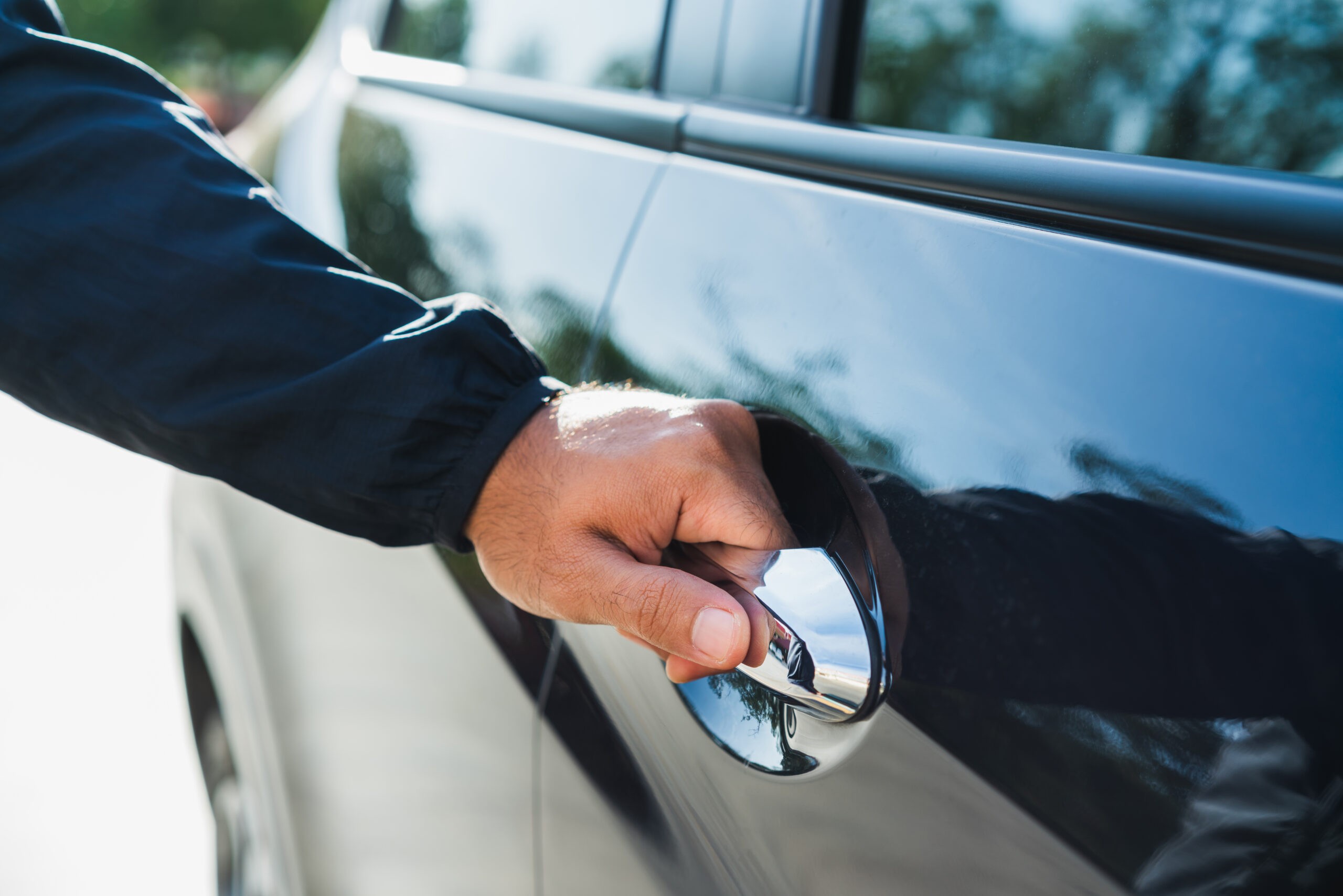Repossession can be a challenging situation for vehicle owners. However, from another perspective, these repossessed vehicles, often referred to as “repo cars,” present a unique opportunity for savvy buyers to acquire cars at potentially reduced prices. If you’re in the market for a vehicle and are looking for cost-effective options, understanding where to find repo cars can be a smart move.
This article will guide you through the various avenues where you can find repo cars, helping you navigate this market and potentially drive away with a great deal.
Understanding How Cars Become Repossessed
Before diving into where to find these vehicles, it’s crucial to understand the repossession process briefly. When a borrower fails to keep up with their car loan payments, lenders, which can be banks, credit unions, or finance companies, have the right to repossess the vehicle.
Lenders typically work with repo agents to locate and take possession of the vehicle. While lenders aren’t legally obligated to warn borrowers beforehand, they must send a post-repossession notice. This notice outlines the steps needed for the borrower to reclaim their car, including the amount due and deadlines. If the borrower cannot meet these terms, the lender will proceed to sell the vehicle to recover the outstanding loan amount. This is where the opportunity to find repo cars emerges.
Top Places to Find Repo Cars
Now, let’s explore the primary places where you can find these repossessed vehicles:
1. Repo Car Auctions
Auctions are a significant source for finding repo cars. These auctions can be run by:
- Auction Houses Specializing in Repo Cars: Many auction houses specialize in handling and selling repossessed vehicles. These auctions are often frequented by car dealers, but are also open to the public.
- Lenders’ Auctions: Banks, credit unions, and finance companies sometimes hold their own auctions to liquidate their inventory of repo cars directly.
How to Find Repo Car Auctions:
- Online Searches: Use search engines with terms like “repo car auctions near me,” “bank repo auctions,” or “[your city/state] car auctions.”
- Auction House Websites: Look for websites of auction houses in your region and check their schedules for upcoming repo car auctions.
- Public Notices: Some auctions are advertised through public notices in newspapers or online listings.
2. Repo Car Dealerships and Lots
Some dealerships specialize in selling repossessed vehicles. These dealerships acquire repo cars from lenders and offer them for sale to the public, often after some reconditioning.
Finding Repo Car Dealerships:
- Online Directories: Search online directories for dealerships specializing in “repo cars” or “repossessed vehicles.”
- Dealership Websites: Check the inventory of local used car dealerships and look for sections or listings that mention “repos” or “bank-owned vehicles.”
- Ask Dealerships Directly: Call local used car dealerships and inquire if they handle or sell repossessed vehicles.
3. Online Repo Car Marketplaces
The internet has expanded the reach of the repo car market. Several online platforms specialize in listing and selling repossessed vehicles:
- Dedicated Repo Car Websites: Websites dedicated to repo car listings aggregate vehicles from various sources, including lenders and auction houses.
- General Auction Websites: Some large online auction platforms also feature sections for repossessed vehicles.
Finding Online Marketplaces:
- Search Engines: Use search terms like “online repo car auctions,” “buy repo cars online,” or “repossessed car marketplace.”
- Review Websites: Look for reviews and comparisons of different online repo car marketplaces to find reputable platforms.
4. Directly from Banks and Credit Unions
Sometimes, you can purchase repo cars directly from the lenders themselves:
- Bank and Credit Union Websites: Many banks and credit unions have sections on their websites listing repossessed assets, including vehicles, that are for sale.
- Contact Lender Directly: If you are a member of a credit union or bank, inquire about their repossessed vehicle sales.
Finding Lender-Owned Repo Cars:
- Visit Local Branches: Inquire at local branches of banks and credit unions about their process for selling repossessed vehicles.
- Check Lender Websites: Navigate to the “Asset Sales,” “Repo Sales,” or “Used Vehicles for Sale” sections on bank and credit union websites.
Important Considerations When Buying Repo Cars
While repo cars can offer savings, it’s crucial to approach these purchases with caution:
- Vehicle Condition: Repo cars may be sold “as-is,” and their condition can vary. Thorough inspections are essential.
- Vehicle History: Obtain a vehicle history report to check for accidents or maintenance records.
- Due Diligence: Research the market value of the vehicle to ensure you are getting a genuine deal.
Finding repo cars requires research and careful consideration, but it can be a rewarding path to vehicle ownership for budget-conscious buyers. By exploring auctions, dealerships, online marketplaces, and directly contacting lenders, you can increase your chances of finding a suitable and affordable vehicle.

